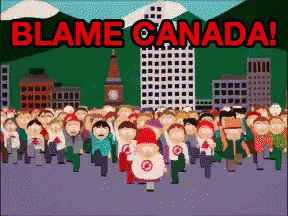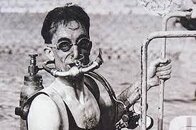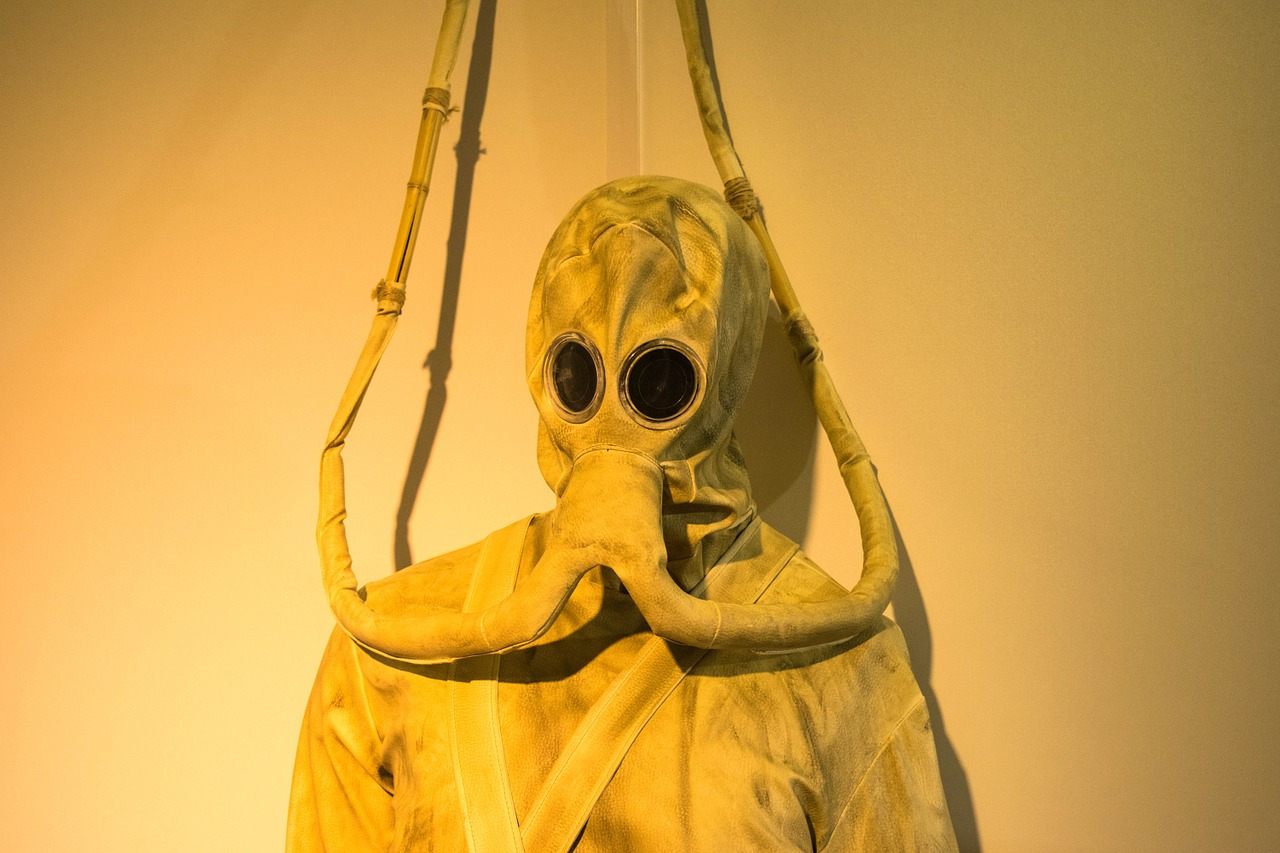Hi. here in poutine country (not to be mix with cave country...), we are one of the few place that require a license to dive, your padi certification or any other certification will not be recognize. You do need that license to dive either on your own or with an operator. The license is under a law. Someone not having the license could be fine up to 10 000$.
Plus each 3 years you need to demonstrated you are up to date. DM and instructor EACH YEARS.
the practice of recreational scuba diving is governed by the Regulation respecting recreational scuba diving qualifications authorized by the Act respecting safety in sports (R.S.Q., c. S-3.1, c. V.2).
Under the Act (c. V.2, ss. 46.17 and 46.18), a person who practices recreational underwater diving other than during a qualification course or examination, or who teaches, must hold a certificate attesting to the level of qualification that he has acquired in the field of underwater diving or teaching diving.
The Regulation respecting qualification in recreational underwater diving (L.R.Q., c. S-3.1, r. 8) specifies the conditions under which the holder of a certificate of qualification may dive or teach according to his level of qualification. The qualification levels are diver – class A, B, C and D and instructor – class A, B and C. The level of diver – class D allows to exercise certain functions of assistance to the instructor. For details of the levels and their requirements, see the
Regulation.
For tourists or people certified outside Quebec, a temporary equivalence certificate can be issued under certain conditions.
Renewal of certificate of qualification
As an A, B, C diver
(Every 3 years)
...have made a minimum of (10) ten recreational underwater dives using compressed gas within the last (3) three years
OR
...demonstrate that you have participated in a refresher course during a dive supervised by a qualified instructor
OR
...pass the examinations leading to the issuance of the certificate.
As a class D diver
(every year)
...be a member in good standing, as an assistant instructor or chief diver, of one of the agencies listed in the appendix to the regulations
AND
...demonstrate that you have participated, during the validity period of your certificate, in at least one 4-hour refresher clinic within the last 3 years.
As an A, B, C instructor
(every year)
...be a member in good standing, as an instructor, of one of the agencies listed in the appendix to the regulation
AND
...demonstrate that you have participated in at least one 4-hour refresher clinic in the past year during the validity period of your certificate.







